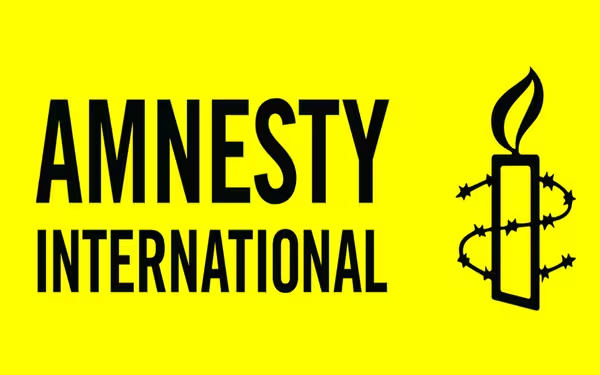Saturday, November 16, 2024 06:59 PM
AI Urges India to Halt Repression in IIOJK
- Repression of dissenting voices in IIOJK continues unabated.
- Recent elections marred by heavy-handed tactics against opposition.
- International community urged to address human rights violations.
 Image Credits: radio.gov.pk
Image Credits: radio.gov.pkAI calls for an end to repression of dissenting voices in IIOJK, highlighting ongoing human rights violations and the need for democratic dialogue.
The situation in Indian illegally occupied Jammu and Kashmir (IIOJK) has drawn significant attention from various quarters, particularly regarding the treatment of dissenting voices. Over the years, there have been numerous reports highlighting the repression faced by individuals who dare to speak out against the Indian government's policies in the region. This repression has manifested in various forms, including the revocation of passports, the establishment of opaque 'no flying lists', and the denial of entry into India for those who raise their voices against the ongoing injustices. Such actions have raised serious concerns about the state of democracy and human rights in IIOJK.
Recently, the first phase of the so-called elections for the Jammu and Kashmir Assembly took place, but it was overshadowed by widespread reports of repression. Many observers noted that the electoral process was marred by the heavy-handed tactics employed by the authorities to silence dissent. The arbitrary cancellations of Overseas Citizenship of Indians who have spoken out against the repression further illustrate the lengths to which the Indian government is willing to go to stifle opposition.
It is crucial to understand that the voices of dissent are not just mere complaints; they represent the hopes and aspirations of the people living in IIOJK. The ongoing repression not only affects those directly involved but also sends a chilling message to others who might consider speaking out. The international community has a role to play in addressing these issues, as silence can often be interpreted as complicity.
The call for an end to the repression of dissenting voices in IIOJK is not just a plea for justice; it is a demand for the fundamental rights that every individual deserves. As the world watches, it is imperative that the Indian government reassesses its approach and allows for a more open and democratic dialogue. Only then can the true spirit of democracy flourish in the region, paving the way for peace and reconciliation.













